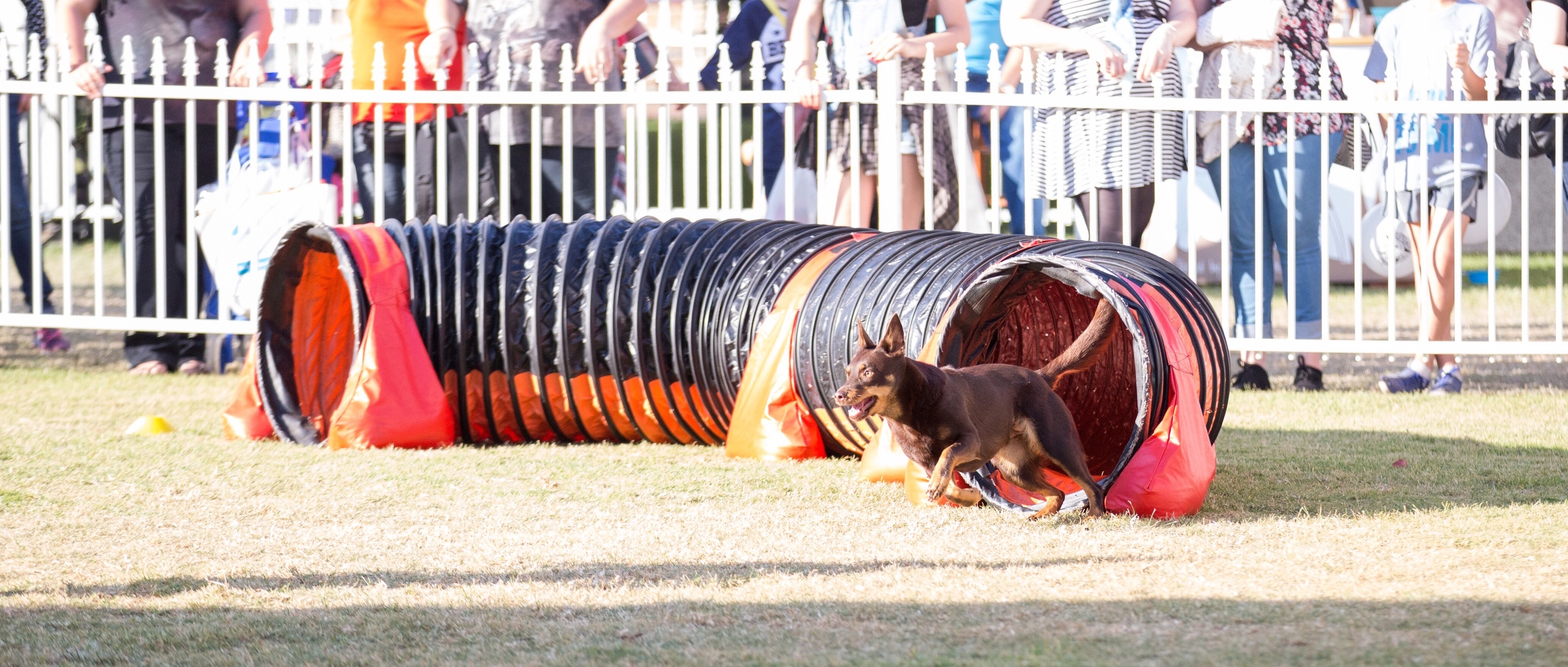But My Dog Doesn't Have Any Problems
At Primal Paws we want to see healthy dogs and to keep them that way!
It was during my trip in America that I realised people most often come to see a rehabilitation orconditioning professional because their dog is showing symptoms of a problem. While that is great, we want to see dogs that are not performing optimally so they have the best chance at returning to full function, the best time to treat an injury or impairment is before the dog is showing clinical signs. This means we have to aim for more subtle indications that the system isn't quite functioning at 100%. So here is a list of super early warning signs that should have you thinking about a rehab/ conditioning consult.
Asymmetry
This may be on a hip X-ray where one is perfect and the other is not quite as amazing, or your dog preferring to circle one way to catch a toy or round up the local ducks. Another sign is continuously rolling to one side on the sit of drop.
Sloppiness
This could be seen in a slouched sit or the dog being a bit clumsy when going about their daily life.
Chilling out/ Becoming Quieter
If you notice your dog becoming quieter or being less active than normal.
Slow Performance
If you notice your dog performing activities, tricks or just their general daily routine slower than usual. If the behaviour and your dog understands the process lack of speed may be a physical issue rather than a training one.
Avoiding Activities
If you notice your dog avoiding activities that they are normally happy to complete, for instance refusing a jump or not playing fetch, sittingstill before a meal then this may be a sign that something is wrong.
Unusual Aggression
If your dog shows unusualaggression towards other dogs it could be an early sign that your dog isn't feeling their best.
Stiffness
If your dog exhibits stiffness, especially after a long walk or a lot of playing, say by being a bit slower when they sit for their dinner or get ting into bed.
Rely on your training buddies. They might notice these signs before you do since they are not living with your dog but still know what's normal. And think about your friends dogs as they are goofing around- you might be the one to stop their dog being injured by letting them know there are some early warning signs!

